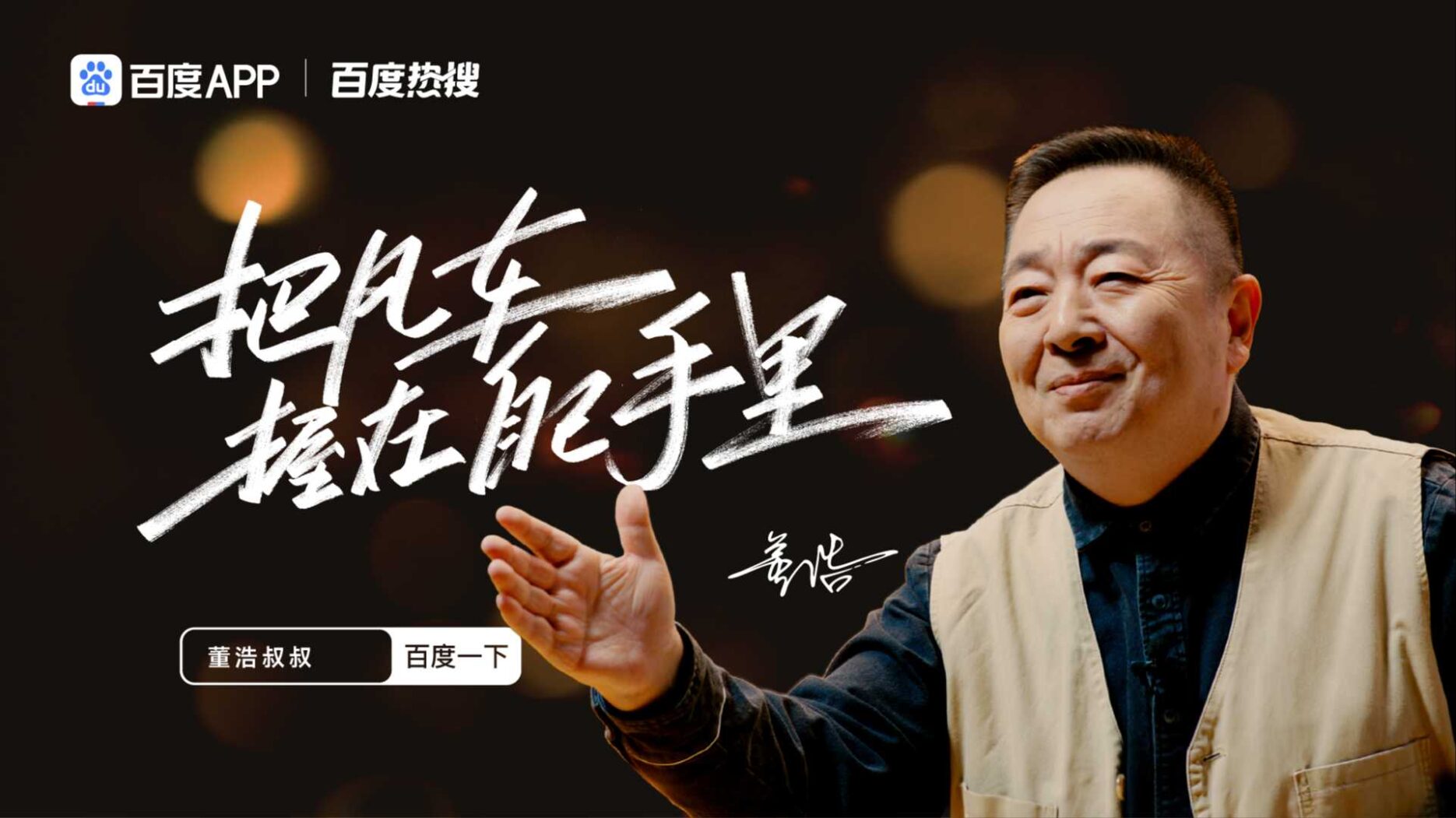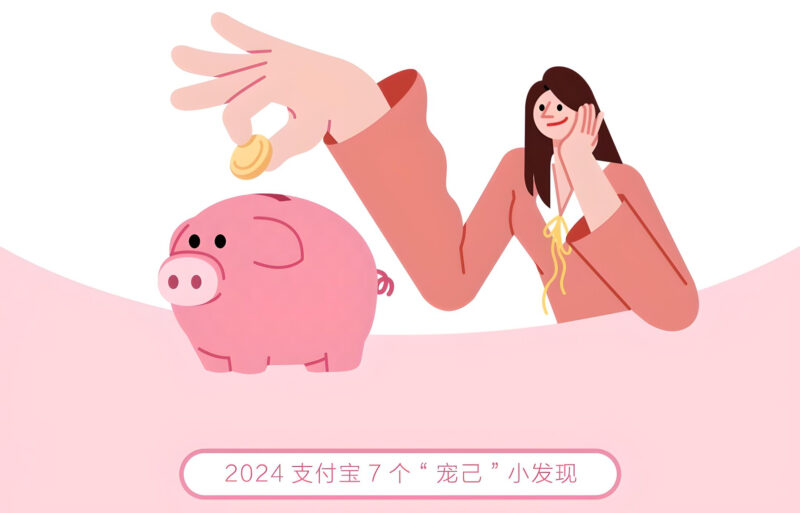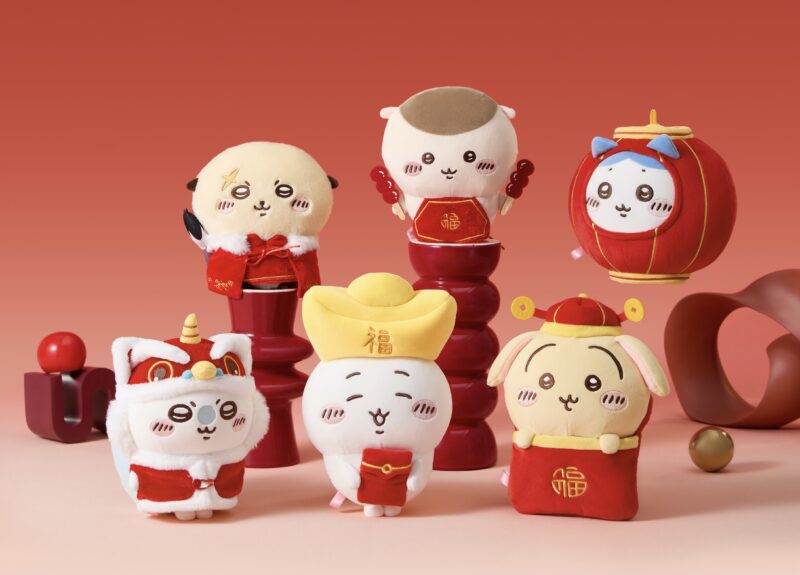At the end of 2024, Baidu app, the search engine app from Chinese tech giant Baidu released a 7-minute-long video review of the past year. However, the focus of the video is on the host, retired veteran children’s TV show host Dong Hao, and his message to those who watched his shows back in the 1990s and 2000s. In fact, Baidu calls the video “Dong Hao’s message to the post-80s and post-90s generations.”
The video starts with Dong Hao sitting among an audience, mostly in their mid-20s to early 40s. Dong begins his speech by asking how adulthood has been treating the “kids” who used to watch his show and if adulting has been hard. A large screen in the front shows video clips of each topic Dong brings up.
The topics in Dong’s year-end are the most searched topics on the Baidu app. He starts with the negative, from the conflicts in the Middle East, concerns for food safety, the super typhoon Yagi that ravaged the province of Hainan, the deaths of Wahaha founder Zong Qinghou and Taiwan-based author Chiung Yao, whose works were significant parts of the post-80s and post-90s generations’ childhoods. He concluded the section by asking those who have had a hard year to raise their hands, and almost all raise them.
Dong Hao then moves on stage in front of the screen and changes the pace with positive news from the past year such as the successful launch of the Chang’e 6 lunar exploration mission, the video game Black Myth: Wukong topping the global sales charts and the 144-hour visa waiver for transit travellers from many countries. This added a patriotic note to the speech as Dong ends with “This land will never fail you, as long as you hold on to your present happiness and persevere.”
The audience in the video is likely the generation that grew up watching Dong’s most iconic programme, Big Pinwheel, which he hosted since it began airing in 1995 until his retirement in 2016. In November last year, Dong posted on his Douyin, TikTok’s Chinese sister app, searching for viewers who wrote to him over 30 years ago. This post received an overwhelming reaction from all generations of viewers throughout his long career, all detailing the hardship of adulthood for the post-80s and post-90s generations in the economic uncertainty of today. Baidu’s campaign, in this sense, is a response to this online buzz, but also part of the nostalgic trend of reminiscing the “good old days” of the 1990s and 2000s.









